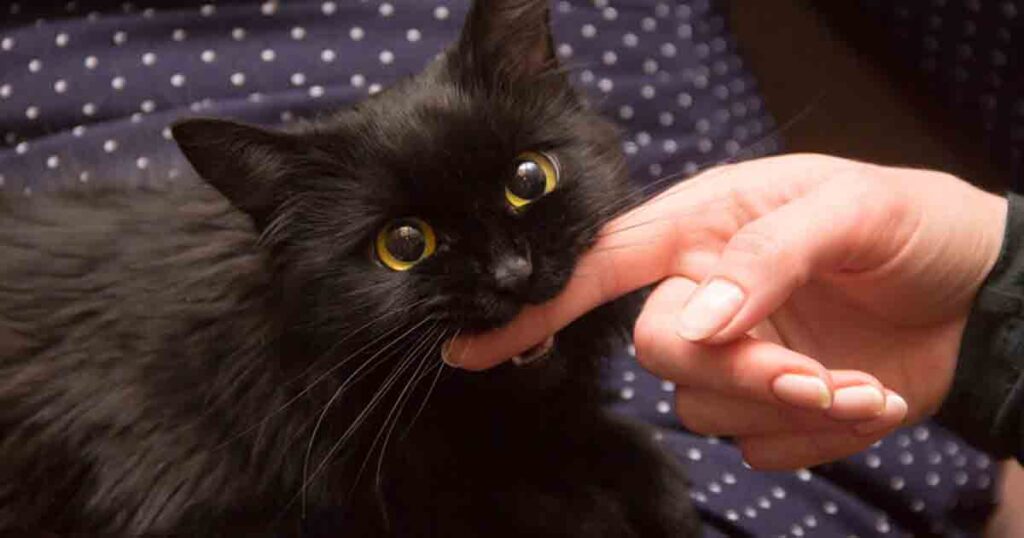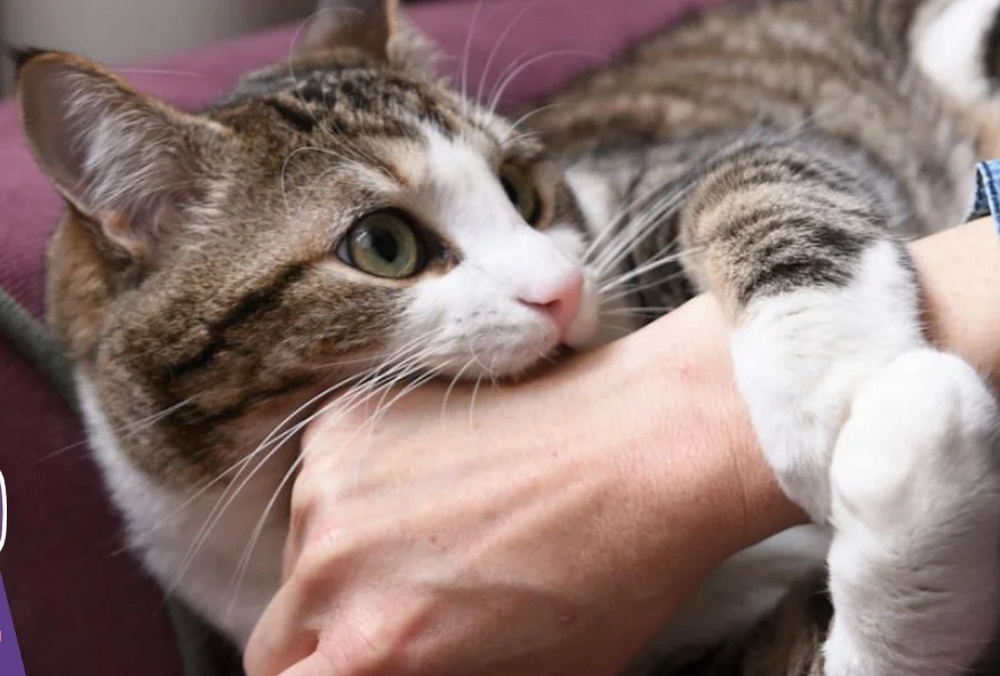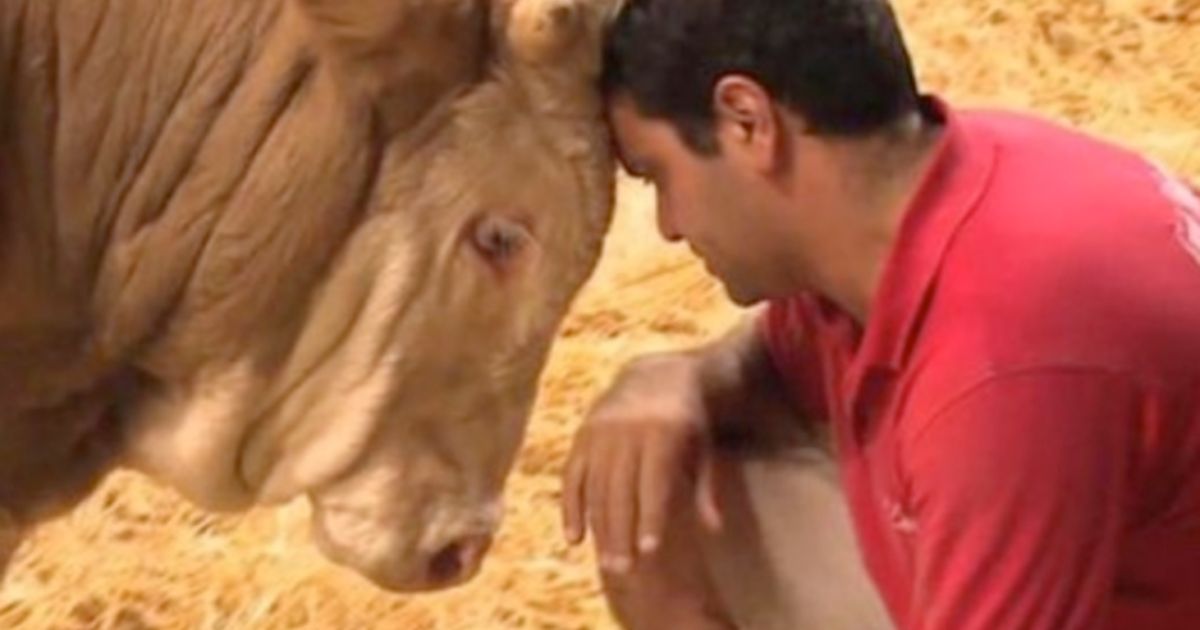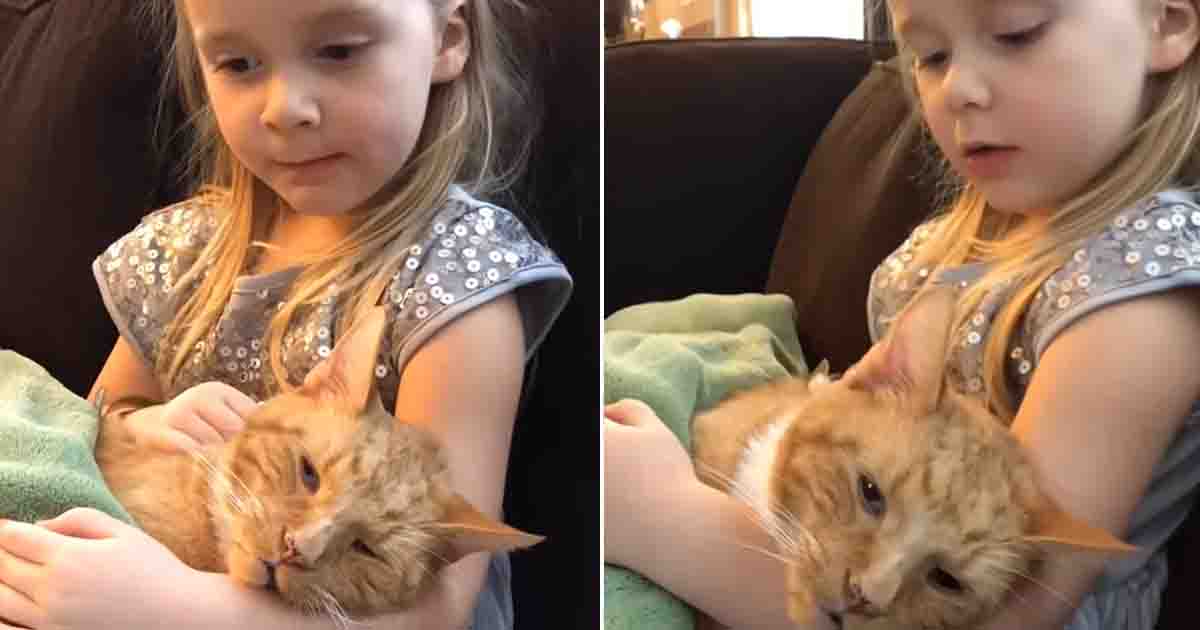What your cat’s bite really means — Key insights
Understand the reasons behind your cat’s biting behavior and what it could be trying to tell you
Cats can be mysterious and lovable creatures, and if you’ve ever owned one, you’ve probably experienced their unique behaviors. My old cat, for instance, enjoyed chasing mice, cuddling up for naps, and occasionally giving me a surprise bite!
While these little bites were never aggressive, they always left me wondering what they meant. If your cat does the same, you’re not alone. Here’s a breakdown of what those cat bites could mean and why they happen:

Affectionate Nibbles
Yes, cats sometimes bite out of love! Known as “love bites,” these gentle nibbles can be a way for your cat to show affection. You might notice this when your cat is purring or being petted. According to Samantha Bell from Best Friends Animal Society, these bites might also signal that your cat is enjoying the interaction but has reached their limit. It’s a cat’s subtle way of asking for a break or even more attention.
Playful Bites
Cats are naturally playful animals, and their instinct to explore often involves biting. These playful nips usually happen during games and don’t break the skin. It’s their way of having fun, especially if they’re overstimulated. While these bites aren’t meant to hurt, they can catch you off guard.
Overstimulation
Just like people, cats can get overwhelmed by too much physical attention. A quick bite may be your cat’s way of saying, “I need some space!” When cats get overstimulated by excessive petting or handling, they often react with a nibble to indicate they’ve had enough.
Pain or Discomfort
Sometimes, a bite can be a sign of underlying pain or illness. If your cat bites unexpectedly, it might be their way of telling you something is wrong. A trip to the vet can help rule out any health concerns.

Fear or Stress
If your cat feels scared or threatened, biting becomes a natural defense. This type of bite is usually more forceful, as your cat tries to protect itself from whatever it perceives as a threat. It’s a reminder that even our domestic cats still carry wild instincts.
Kittens and Young Cats
Young cats and kittens often engage in rough play that includes biting. While it might seem cute when they’re small, it’s essential to teach them early on that hands and feet aren’t toys. If not corrected, this behavior can continue into adulthood, and their bites may become more painful. Redirect their playful energy toward toys to prevent this.
Territorial Behavior
Cats are territorial animals, and biting can sometimes be a way of asserting dominance or protecting their space. Whether it’s their favorite spot on the couch or a beloved toy, cats may bite to defend what they consider their own.
How to Treat a Cat Bite
If your cat bites you, it’s important to take the injury seriously, especially if the bite is deep. Cats’ mouths contain bacteria that can cause infections if they penetrate the skin. To prevent complications, wash the bite area thoroughly with soap and water, apply an antiseptic, and cover it with a clean bandage. If the wound worsens or shows signs of infection, consult a doctor.
While cats may bite for a variety of reasons, understanding their behavior can help you respond appropriately and maintain a happy, healthy relationship with your feline friend.





